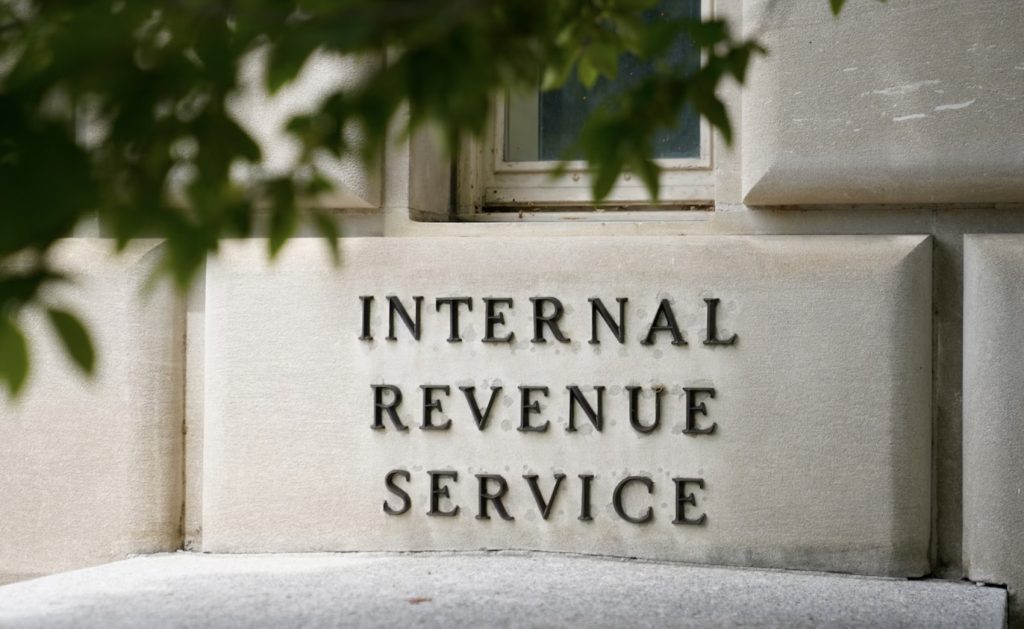By Leada Gore
The Internal Revenue Service may owe you money but time to claim your share is near.
Some 940,000 people across the U.S. have unclaimed refunds for tax year 2020, the agency said. The refunds, totaling about $1 billion, result from people not filing their 2020 tax returns. The average median refund for 2020 is $932.
“There’s money remaining on the table for hundreds of thousands of people who haven’t filed 2020 tax returns,” IRS Commissioner Danny Werfel said in a statement. “We want taxpayers to claim these refunds, but time is running out for people who may have overlooked or forgotten about these refunds.”
In Alabama, some 15,200 people are owed refunds with an average amount of $926.
The deadline to claim a refund is May 17.
Under the law, taxpayers have three years to file and claim their refunds before the money becomes the property of the U.S. Treasury. That typically puts the deadline around tax time but, due to the COVID pandemic, the three-year window for unfiled returns for 2020 was pushed into mid-May.
“People faced extremely unusual situations during the pandemic, which may have led some people to forget about a potential refund on their 2020 tax returns,” Werfel said. “People may have just overlooked these, including students, part-time workers and others. Some people may not realize they may be owed a refund. We encourage people to review their files and start gathering records now, so they don’t run the risk of missing the May deadline.”
There are some things non-filers need to keep in mind, however. Any 2020 tax refund may be held if they have not filed tax returns for 2021 or 2022. Also, any refund amount for 2020 will be used to help pay amounts owed to the IRS or state tax agency or to offset unpaid child support or past-due federal debt, such as student loans.











